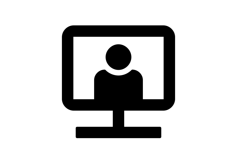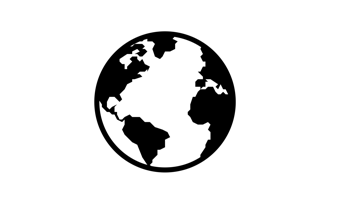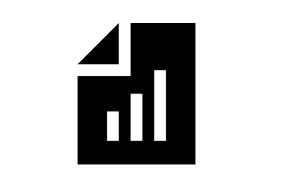Watch Matt’s lecture on “Applying implementation science methods for the control of food and waterborne infections” at the 2nd IMPACT Webinar, held on June 15, 2022.
Matt appointed to Lancet Commission on Water, Sanitation and Hygiene, and Health
A ‘how to guide’ for NTD programmes published
WHO Guidelines on sanitation and health - Webinar
Guidelines on Sanitation and Health published online
Members from our group and others at Emory have contributed in the development of guidelines that provide comprehensive advice on maximizing the health impact of sanitation interventions. By adopting WHO’s new guidelines, countries can significantly reduce the 829 000 annual diarrhoeal deaths due to unsafe water, sanitation and hygiene.
WASH in Schools Empowers Girls' Education: Tools for Assessing Menstrual Hygiene Management in Schools
WASH IN SCHOOLS FOR GIRLS E-COURSE
WASH in Schools Empowers Girls’ Education in Rural Cochabamba, Bolivia An Assessment of Menstrual Hygiene Management in Schools
WASH in Schools Empowers Girls’ Education in Masbate Province and Metro Manila, Philippines An Assessment of Menstrual Hygiene Management in Schools
WASH in Schools Empowers Girls’ Education in Freetown, Sierra Leone: An Assessment of Menstrual Hygiene Management in Schools
WASH: The silent weapon against NTDs Working together to achieve prevention, control and elimination
WASH IN SCHOOLS DISTANCE-LEARNING COURSE
The WinS Course was developed by UNICEF and the Center for Global Safe Water, based at Emory University’s Rollins School of Public Health and is designed to promote understanding of child-to-child, child-to-parent and other approaches to transforming hygiene behaviour. It also aims to support national-level work that helps government partners design and implement WinS programmes at scale.
Equity of Access to WASH in Schools
This report presents findings from a six-country study conducted by UNICEF and the Center for Global Safe Water at Emory University. This research was carried out in collaboration with UNICEF country offices in Kyrgyzstan, Malawi, the Philippines, Timor-Leste, Uganda and Uzbekistan and their partner














